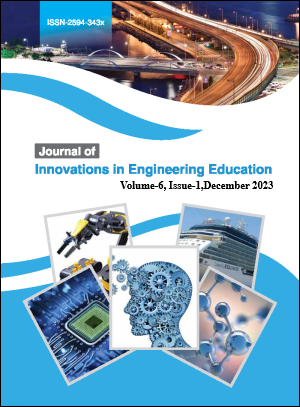Impact analysis of electricity pricing on the reliability of integrated Nepal power system
DOI:
https://doi.org/10.3126/jiee.v6i1.43600Keywords:
Price Elasticity, Power system reliability, Monte-Carlo simulation, Particle Swarm OptimizationAbstract
Abstract Time of Use of Electricity Pricing (TOU) strategy is adopted by many countries to reduce the peak load and minimize the cost of Electricity. In this research, the effect of the TOU tariff system on the reliability of the Integrated Nepal Power System (INPS) has been investigated. Implemented TOU is based on three time periods: Peak time, Flat time, and Valley time (PFV). The moving variable method is used to find the optimal PFV period in a day. Particle swarm optimization (PSO) is used to find optimal prices corresponding to the given periods, where two objective functions are converted to a single objective function. Prices are modeled with the demand response and a new load pattern of consumers after TOU has been obtained. Power plants of INPS are modeled into four states model and the Monte-Carlo simulation is used to find the generation adequacy indices like Loss of Load Probability (LOLP), Loss of Load Expected (LOLE), and Loss of Energy Expected (LOEE) before and after the implementation of the TOU. The risk level of INPS is reduced by 37% and peak load is reduced by 4.2% after the implementation of TOU. It is found that the reliability of INPS can be improved with the help of TOU
Downloads
Downloads
Published
How to Cite
Issue
Section
License
Copyright (c) 2023 JIEE and the authors

This work is licensed under a Creative Commons Attribution-NonCommercial-NoDerivatives 4.0 International License.
Upon acceptance of an article, the copyright for the published works remains in the JIEE, Thapathali Campus and the authors.

